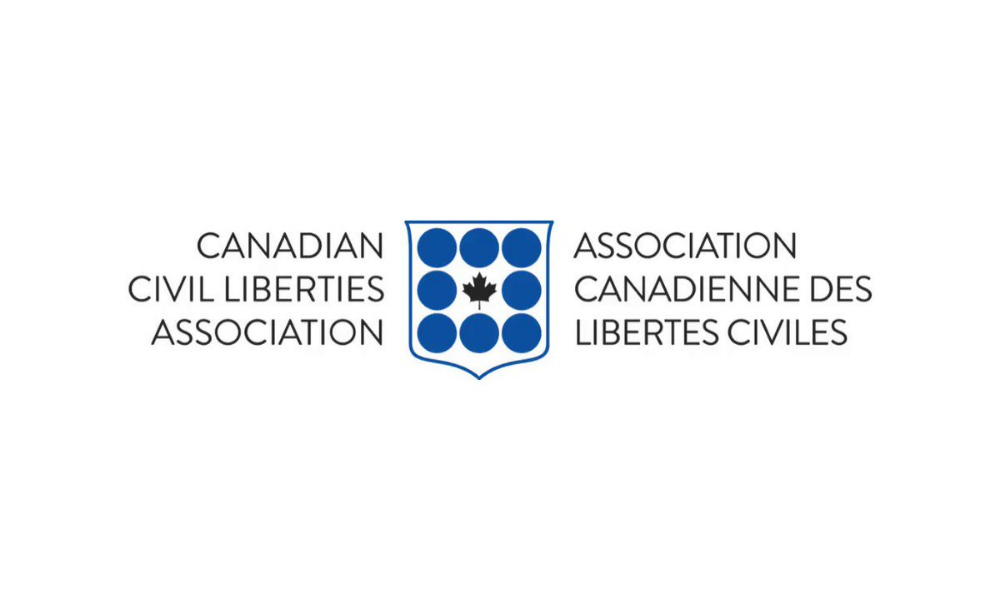
Group to teach students about their rights, help them develop critical-thinking skills

The Canadian Civil Liberties Association’s 2021 Rights Roadshow will launch on Nov. 4 at the Canadian Museum for Human Rights in Winnipeg, Manitoba, marking the second time in two years that the event will be brought to this city.
The 2021 CCLA-TJX Canada Rights Roadshow aims to teach students about their rights, help them develop critical-thinking skills, give them an opportunity to examine rights issues from different perspectives, and enable them to directly engage with legal authorities, community leaders and activists seeking to advance positive social change and to address systemic barriers within their communities and across Canada.
The roadshow will visit six provinces, expanding upon the CCLA’s annual Borovoy High School Conference in Ontario. Future stops are planned in New Brunswick, B.C., Alberta, Quebec, and Nova Scotia.
A keynote address will be delivered by Phil Fontaine, three-time national chief of the Assembly of First Nations, in conversation with Michael Bryant, the CCLA’s executive director and Ontario’s former Indigenous affairs minister. Bryant expressed gratitude to TJX Canada, which funded the expansion.
“We're going to be speaking to students across the country to educate them about tough issues including systemic racism and constitutional rights,” said Bryant, adding that students’ knowledge of their rights is important for their full participation in the country’s democracy.
The CCLA, established in 1964, is a national, independent, non-profit organization that works to defend the rights, dignity, safety, and freedoms of all people in the country. According to the CCLA’s website, the organization has taken a principled stand on issues such as national security, censorship, capital punishment and police and state accountability.
The organization works alongside pro-bono lawyers, in courts, in classrooms, in the streets and before legislative committees in its efforts to actively combat unjust laws so that the legal system works for the people and not against them. Its website states that its work is guided by principles, evidence, and expertise rather than ideology, profit, or public opinion.
The CCLA’s advocacy model supports five core activities: monitoring, litigation, research, public education, and civic engagement and mobilization. Its work is currently focused on the thematic areas of fundamental freedoms, criminal justice, equality, privacy, and education.
The organization holds that every person in Canada is entitled to basic rights, freedoms, dignity, and respect, and that it is imperative to take a stand against injustice and oppression. Its values are commitment, integrity, equality, diversity, and inclusion.